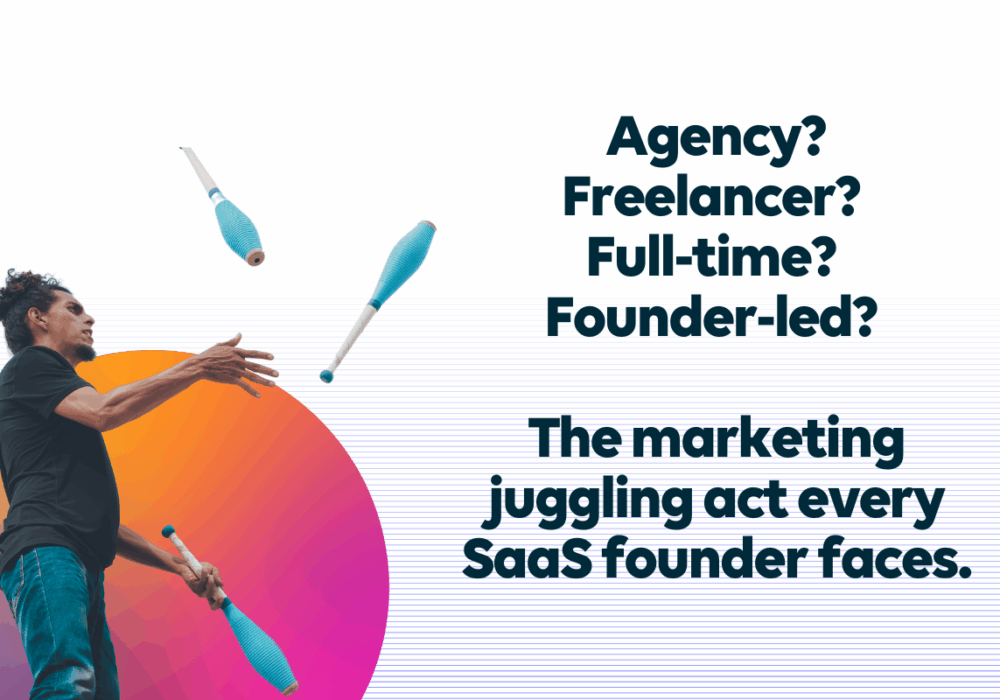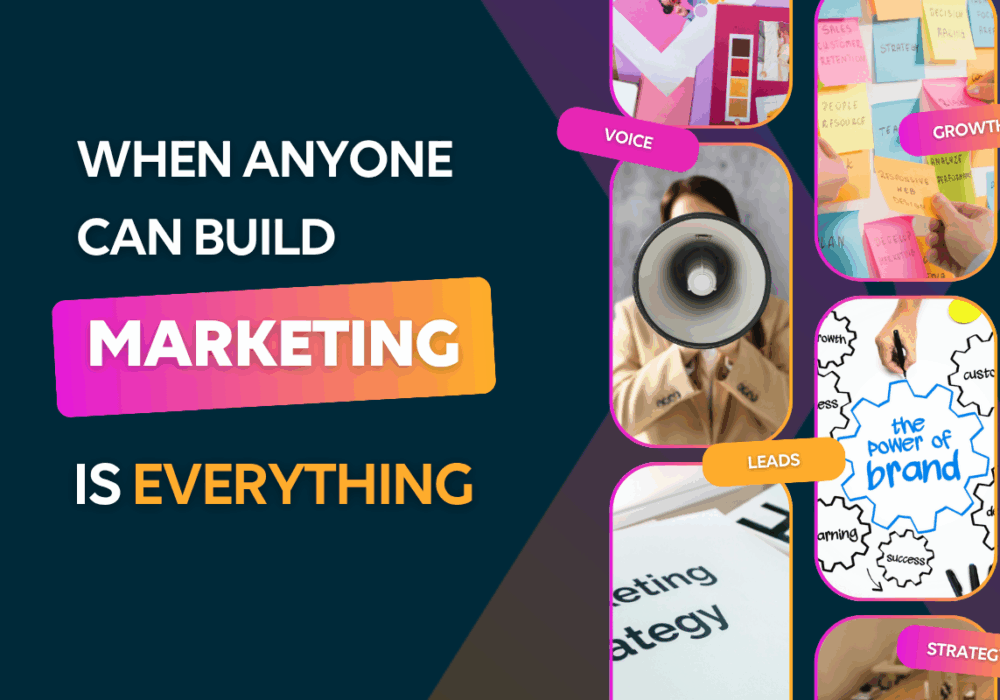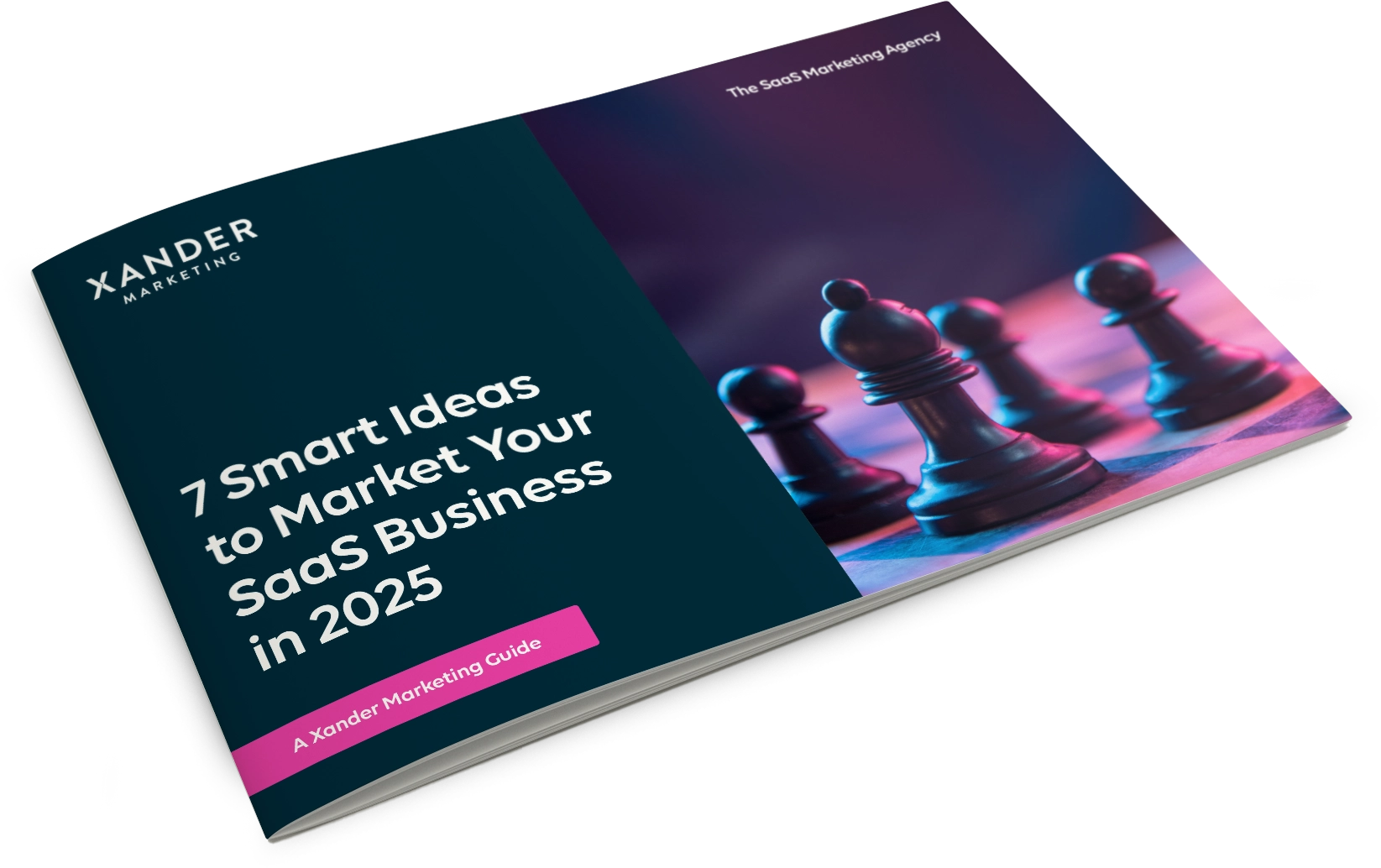The importance of ‘Social Proof’ in marketing
28th January 2013
What is social proof?
According to Wikipedia “Social proof is a psychological phenomenon where people assume the actions of others in an attempt to reflect correct behaviour for a given situation. This effect is prominent in ambiguous social situations where people are unable to determine the appropriate mode of behaviour, and is driven by the assumption that surrounding people possess more knowledge about the situation.”
In other words if other people are doing something, that’s validation that I should be doing it.
Whilst not a new concept it is becoming increasingly important in a world with fewer human touch points and online sales and marketing.
Types of social proof in marketing
- User social proof: Testimonials, case studies and reviews can all be powerful
- Expert social proof: Approval from a credible expert. Maybe a scientist, industry blogger or mention in the press
- Celebrity endorsements: Approval or endorsements, especially those that are unpaid
- Word of mouth: Recommendations from friends, families and peers
Types of social proof in marketing
- Testimonials: Testimonials from customers about your product or service. This may be why they used your business or the results they have achieved. Written testimonials are fine but you can take these to the next level with a video testimonial
- Case studies: Demonstrating the problem, solution and results other similar customers got from your product or service
- Social media mentions: Mentions on social media websites from third parties. Taking this a step further you could embed Twitter feeds of your brand mention into your website or marketing collateral
- Likes on Facebook: Facebook does this really well. If there’s a page you’re considering liking, it tells you how many (and who) of your friends Like it. This can be embedded into your website for services, products or content. You can also integrate this into your Facebook ads. ‘John Smith likes this’ under an ad is a great endorsement if you trust John Smith’s opinion
- User reviews and mentions: From Trip Advisor to Amazon recommendations to businesses directories, unbiased reviews are in many cases given more credibility than the marketing copy businesses use
- Reviews, write ups or mentions in the press or blogs: A journalist from a respected publication featuring your business, product or service can have some great results. Make sure you have an ‘as mentioned in’ section or page on your website, and other marketing material
- Surveys: Surveys can show the ‘wisdom of the crowd’…if 95% of 1,000 people would recommend a product to a friend then this must be good
- User statistics: This may be ‘millions of people around the world use our software’ to a line under the McDonald’s sign which says ‘billions and billions served’. Number of customers, users or transactions all help to build confidence
How to use social proof
Use it everywhere! On your website, your blog, brochures, social media, proposals etc. Think about where you can use it in different places. So on a free trial page of your website you may want to emphasize how many other people have signed up for a free trial; in a proposal a testimonial or list of similar clients in your prospects industry can be effective.
Hopefully this has given you an overview of the importance of social proof and how you can use it in your marketing. Think about all the different types of social proof you have and where you can gather it from and then use it.





